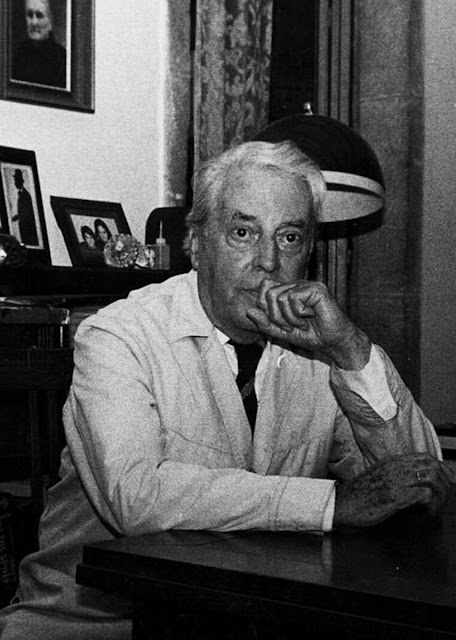It was rough on Gilson. Such was the terse, cold, but not altogether unsympathetic judgment of the better public opinion at Mammon Hill—the dictum of respectability. The verdict of the opposite, or rather the opposing, element—the element that lurked red-eyed and restless about Moll Gurney's "deadfall," while respectability took it with sugar at Mr. Jo. Bentley's gorgeous "saloon"—was to pretty much the same general effect, though somewhat more ornately expressed by the use of picturesque expletives, which it is needless to quote. Virtually, Mammon Hill was a unit on the Gilson question. And it must be confessed that in a merely temporal sense all was not well with Mr. Gilson. He had that morning been led into town by Mr. Brentshaw and publicly charged with horse stealing; the sheriff meantime busying himself about The Tree with a new manila rope and Carpenter Pete being actively employed between drinks upon a pine box about the length and breadth of Mr. Gilson. Society having rendered its verdict, there remained between Gilson and eternity only the decent formality of a trial.
These are the short and simple annals of the prisoner: He had recently been a resident of New Jerusalem, on the north fork of the Little Stony, but had come to the newly discovered placers of Mammon Hill immediately before the "rush" by which the former place was depopulated. The discovery of the new diggings had occurred opportunely for Mr. Gilson, for it had only just before been intimated to him by a New Jerusalem vigilance committee that it would better his prospects in, and for, life to go somewhere; and the list of places to which he could safely go did not include any of the older camps; so he naturally established himself at Mammon Hill. Being eventually followed thither by all his judges, he ordered his conduct with considerable circumspection, but as he had never been known to do an honest day's work at any industry sanctioned by the stern local code of morality except draw poker he was still an object of suspicion. Indeed, it was conjectured that he was the author of the many daring depredations that had recently been committed with pan and brush on the sluice boxes.
Prominent among those in whom this suspicion had ripened into a steadfast conviction was Mr. Brentshaw. At all seasonable and unseasonable times Mr. Brentshaw avowed his belief in Mr. Gilson's connection with these unholy midnight enterprises, and his own willingness to prepare a way for the solar beams through the body of any one who might think it expedient to utter a different opinion--which, in his presence, no one was more careful not to do than the peace-loving person most concerned. Whatever may have been the truth of the matter, it is certain that Gilson frequently lost more "clean dust" at Jo. Bentley's faro table than it was recorded in local history that he had ever honestly earned at draw poker in all the days of the camp's existence. But at last Mr. Bentley--fearing, it may be, to lose the more profitable patronage of Mr. Brentshaw--peremptorily refused to let Gilson copper the queen, intimating at the same time, in his frank, forthright way, that the privilege of losing money at "this bank" was a blessing appertaining to, proceeding logically from, and coterminous with, a condition of notorious commercial righteousness and social good repute.














